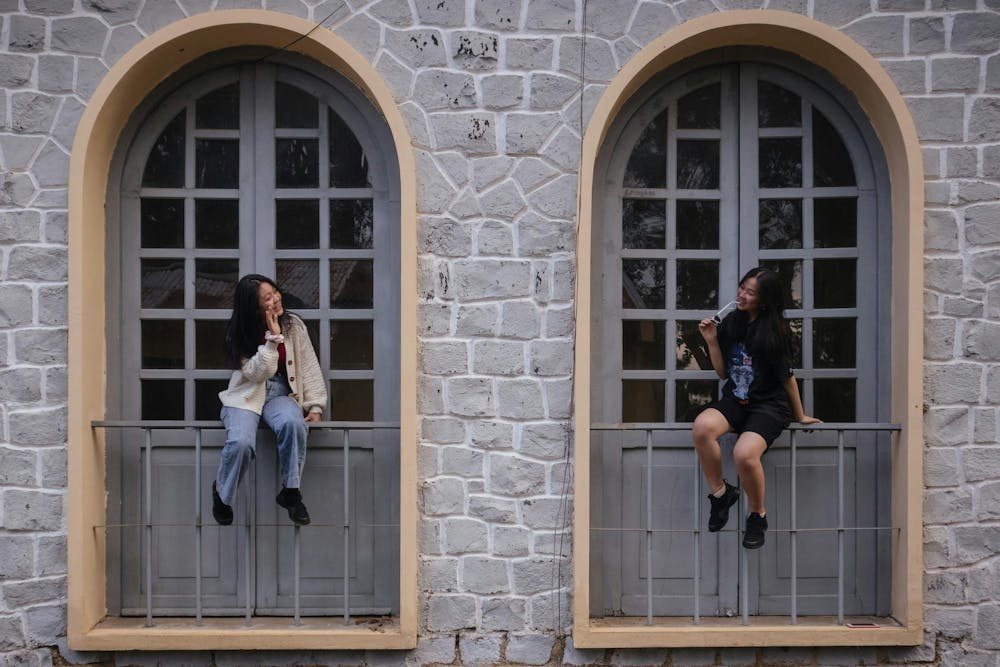In the French language, the typical expression used when asking someone how they are is, “Ça va?” Interestingly though, the corresponding response is the exact same expression: “Ça va.” There is no nominal difference between the two — whether it is used as a question or statement depends on punctuation, or the tone and inflection used when speaking.
This is not particularly surprising because every language has distinctive features and rules that would appear strange to those who don’t speak the language. For example, in Mandarin, there are four different tones that drastically change the meaning of a word, even if the pinyin might appear identical.
Nonetheless, when I was first learning French in elementary school, this dual usage of the same expression confused me: how is it possible that a question is interchangeable with the response? What is the point of asking the question if the answer can already be precisely anticipated, or is it just a social formality?
A similar phenomenon manifests in English, but just not as explicitly. When we are asked how are you, the default, instinctual answer we usually provide is just “good,” “pretty good” or some variation of that. Even if it does not fully capture our state of mind then, it is a natural, socially conditioned response for us to use. This expectation reflects a collective desire or norm for expressing positivity in these casual exchanges.
Using these brief adjectives to express a sense of well-being is a heuristic — a mental shortcut we use to navigate social encounters without thinking too hard about the question. However, I can’t help but wonder if there is any substantive value to these questions and responses in and of themselves. In the same way that French speakers can probably predict what others are going to reply when they ask “Ça va?,” we don’t really glean new information about others from this formulaic call and response.
But, I don’t think that’s the point of the shortcut. Oftentimes, we just see people in passing and do not have time to fully explain how each of our days is going. So, in that capacity, it helps us to greet others without launching into a full conversation. Even if the responses are predictable, the act of asking shows a degree of care and acknowledgment.
In other cases, there are layers of reticence, and we might not want to describe how we are feeling to every single person we see, so it serves as a polite placeholder.
Particularly for those we may not be as familiar with, a simple “how are you” can function as an icebreaker, allowing us to effectively transition to larger and more meaningful conversations.
In essence, “Ça va?" and its equivalents in other languages are more than just pleasantries or empty platitudes — they can actually be valuable, even if they seem like just an organic part of our everyday interactions.










